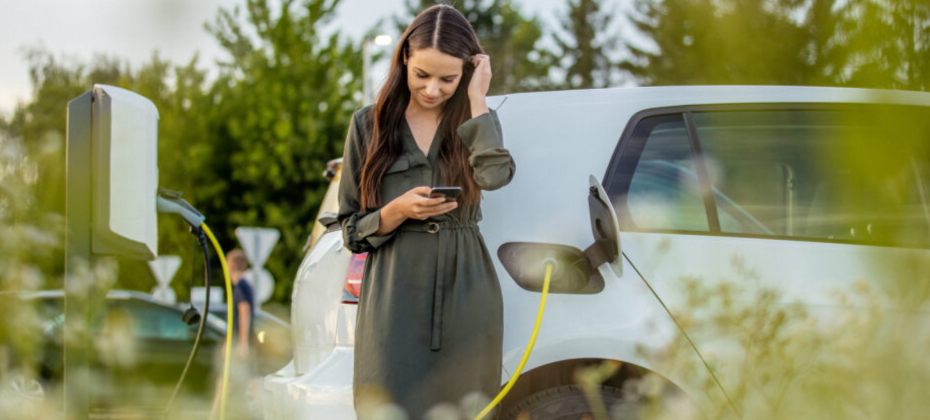Electric vehicles (EVs) continue to gain traction in certain markets. In fact, at the end of 2024, 9.2% of all new retail registrations were electric, up from 8%+ in 2023 and 6%+ in 2022. Clearly, more and more in-market shoppers are leaning towards EVs, but what is actually a determining factor in their decision?
A recent Experian survey [1] found 65% of respondents said they prioritize battery life, while 62% consider price, 58% are concerned with range on a full battery and 53% are focused on infrastructure and maintenance.
It’s not just EVs, hybrids are getting into the mix
While EVs certainly are the buzzword in the industry, it’s not the only alternative fuel type consumers are opting for.
For instance, 55% of respondents said they’d consider a new hybrid and 50% said they’d consider a new EV for their next vehicle purchase. On the used side, 38% of respondents said they’d consider an EV and 42% would consider a hybrid.
More granularly, the survey revealed 67% of Gen Z and 61% of Millennials are likely to buy a new EV, while 62% and 63% of these groups, respectively, expressed similar intentions for purchasing new hybrid.
Gen Z and Millennials also showed a stronger-than-average interest on the used side, with 57% and 49% opting for EVs, and 57% and 52% choosing hybrids.
With the younger generations gravitating towards these fuel types, it’s likely going to influence adoption rates down the road, a trend that should be watched closely as manufacturers roll out more models to meet the growing demand.
However, when assessing the viewpoints of other generations, some are less likely to purchase an alternative fuel type. Two-in-five, albeit still a healthy percentage, of Gen X respondents said they’re likely to purchase a new EV and only 25% of Baby Boomers shared a similar sentiment. Meanwhile, 27% of Gen X and 12% of Baby Boomers say they’re likely to purchase a used EV.
Furthermore, 46% of Gen X and 43% of Baby Boomers indicated they are likely to buy a new hybrid, while 33% and 21% of these groups, respectively, conveyed similar thoughts towards purchasing used hybrids.
It’s crucial for professionals to stay attuned to shifting trends and concerns among consumers, as these factors play a role in consumer decision-making. By addressing potential setbacks and knowing where their target audience is, they can better align their strategies with consumer needs as these fuel types continue to move up on the list for everyday commuters.
To learn more about EV insights, visit Experian Automotive’s EV Resource Center.
[1] Experian commissioned Atomik Research to conduct an online survey of 2,005 adults throughout the United States. The sample consists of adults who estimate they will purchase or lease their next vehicle within the next 24 months or sooner. The margin of error is +/- 2 percentage points with a confidence level of 95 percent. Fieldwork took place between March 24 and March 27, 2025.


